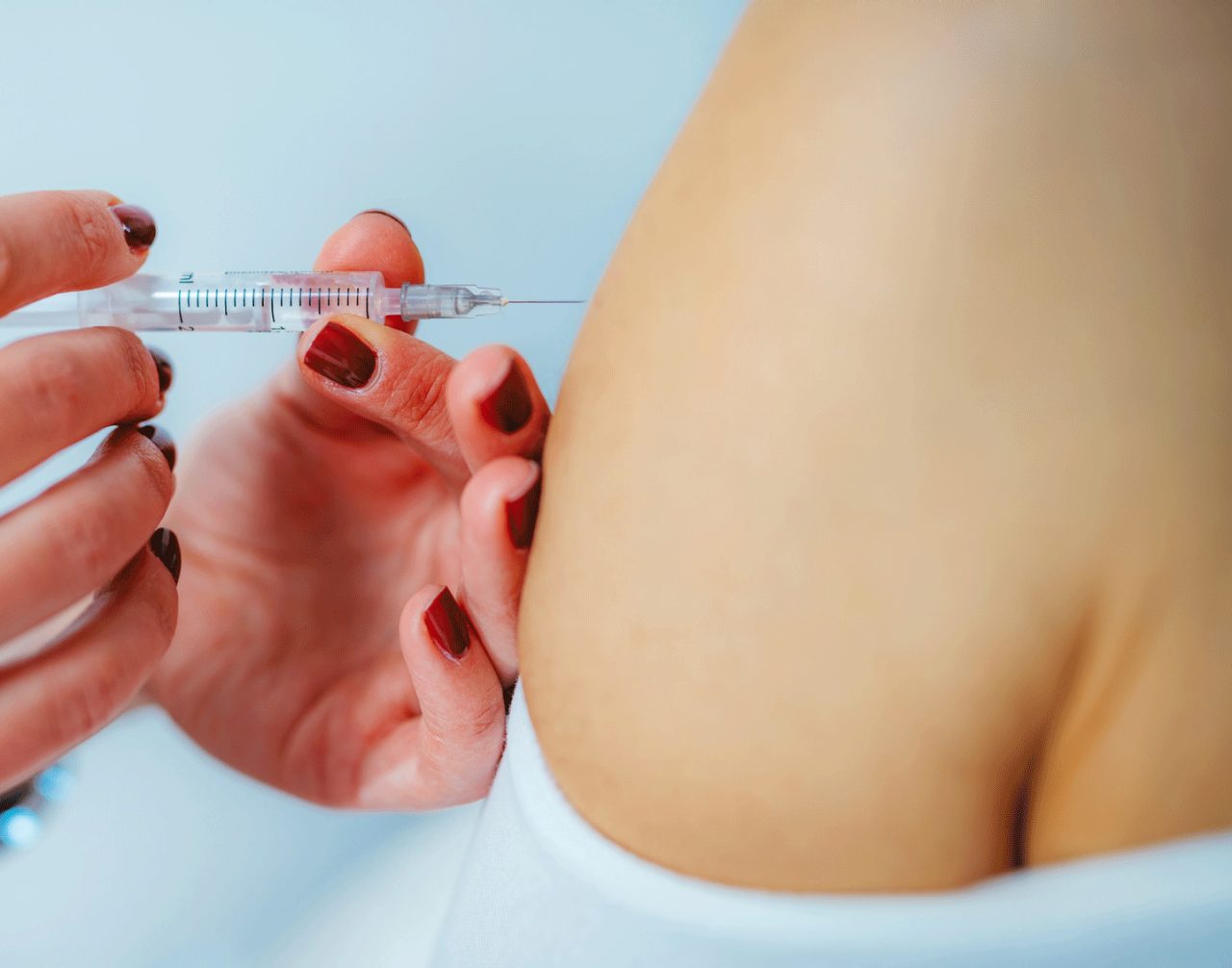How Does Immunity Protect Against Viruses?

You may have read about tests for antibodies to COVID-19. But antibodies are just one part of the immune system. Here’s what you should know about immunity to all viruses.
We all want immunity from COVID-19. The vaccine for coronavirus might help. Some people who suspect they’ve had the illness have taken blood tests to see if they carry immune molecules called antibodies.
But it’s important to know that antibodies are just one part of your immune system, and they typically drop off after an acute infection. Meanwhile, other kinds of immune cells called memory T cells linger — in fact, with some coronaviruses they remain to protect you for a lifetime. Most vaccines were designed to trigger a kind of memory T cell.
YOU MIGHT ALSO LIKE: This Season's Flu Shot
Why does immunity matter?
Let’s say you were ill with clear symptoms that doctors recognized as COVID-19 or symptoms confirmed by a positive test for infection. That illness would normally give you some protection from getting sick again. Now, let’s say you take an antibody test months later. If it comes up negative, you might think that you never actually had the virus or somehow didn’t develop any immunity.
Some people might argue that those cases suggest vaccines might not work. After all, vaccines work by triggering an immune reaction you’d normally get if you fell ill.
The truth is that those fears are based on misunderstandings of normal immunity. We don’t know exactly how immunity to COVID-19 works, but so far we have no evidence that it’s very different from other coronaviruses.
The accuracy of antibody tests for COVID-19 is still under investigation. There have been many false-positive results. Such results can mean that someone who was tested positive for the virus may not have had time to develop antibodies to the virus, especially if they’ve been tested soon after contracting COVID. In fact, it can take 5 to 10 days after you are infected to develop antibodies.
How does immunity to COVID-19 actually work?
Scientists are putting the picture together now. We know that people infected with the virus do typically produce antibodies, as they would with another virus. For example, in a study of almost 20,000 infected individuals with mild-to-moderate cases screened at Mount Sinai Health System in New York City most patients produced antibodies that lasted for three months.
That’s predictable. During an infection, cells called plasmablasts expand into a pool of millions and secrete antibodies, which block the virus from infecting cells. This big effort can’t last forever. Eventually, most plasmablasts die. A small number enter bone marrow to wait for an occasion when you may need those precise antibodies again.
Scientists also have evidence that the immune response to the coronavirus follows that path, triggering memory T cells. A team at the La Jolla Institute for Immunology in California found a particular kind of memory T cell in all sick patients, and the sicker patients had more of them, a sign of a strong response to a strong threat.
With other coronaviruses, we seem to be most protected for a bit less than a year, and then immunity declines over the next two years. A large study showed that protection from reinfection for most variants of the coronavirus may last for nine to 10 months, but then antibodies will drop. The chances are your symptoms will be milder if you're infected with COVID again.
Some level of immunity may be widespread. The coronavirus that causes COVID-19 is new to our bodies, but we’ve all been exposed to other coronaviruses, which include many of the pathogens that cause the common cold.
Other research has found that many people have memory T cells that recognize a protein that looks similar in all coronaviruses, which suggests the cells could blunt the symptoms of the virus. This may explain why some people infected with COVID-19 have mild symptoms or none.
The reality is that you don't have any certainty about your own risks — although older people and others with health problems do have a higher risk.
The bottom line: You could flunk your antibody test and still have had COVID-19 and be protected from a second infection, at least for a while.
Nonetheless, it's best to play it safe. Even if you’re sure you’ve had the virus, your immunity will eventually wear off, just like it does with any flu, which is why you need a flu shot every year. Like everyone else, you need to avoid infection and get vaccinated as soon as you can.
Updated:
February 22, 2023
Reviewed By:
Janet O’Dell, RN